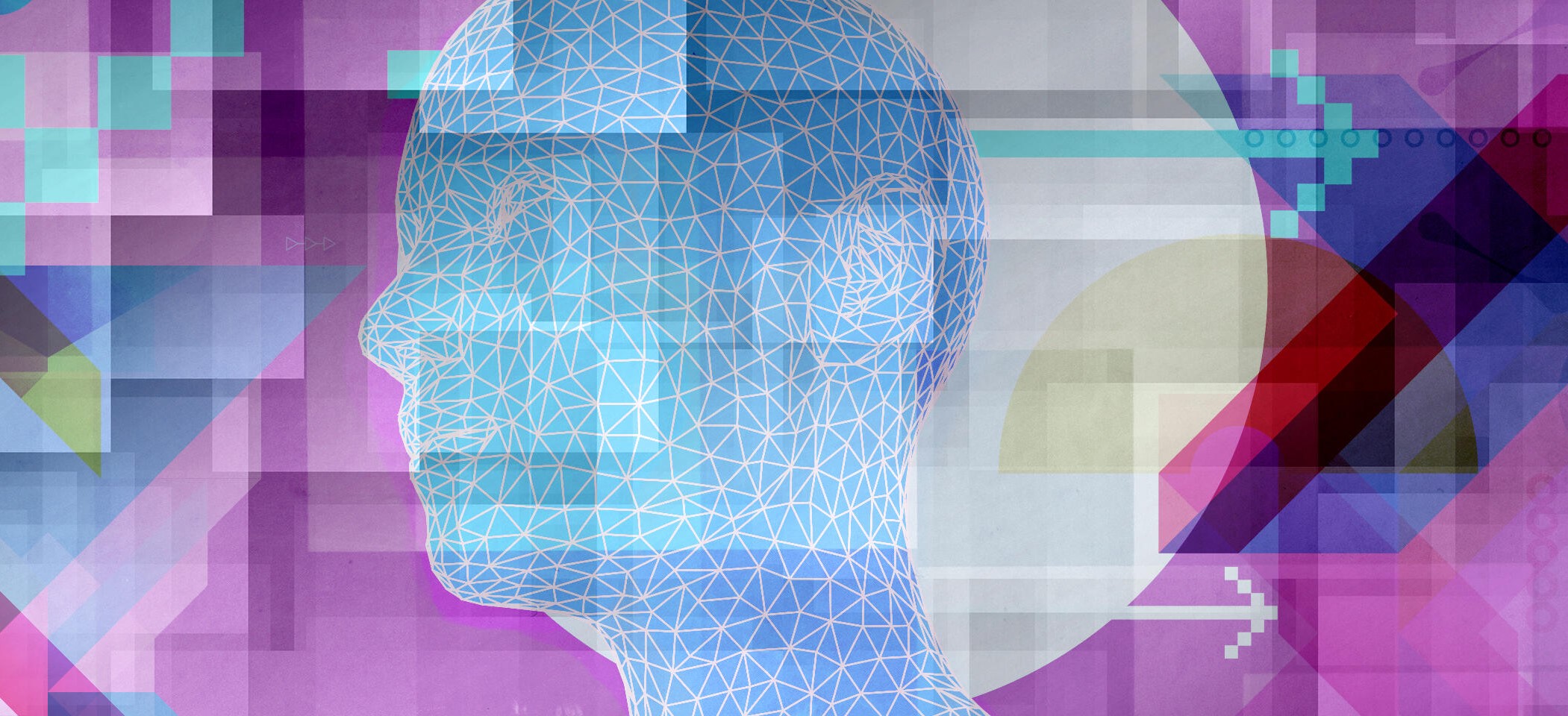There’s been a LOT of noise around Ai-generated content over the last twelve months with everyone and their uncle seemingly using Ai tools like ChatGPT to help them create content quicker and more easily.
And while a lot has been written about how to help people start using Ai content tools themselves, not a lot has covered about how the end user feels about all this, whether they like or dislike the idea of the content they are consuming being created by a bot.
MIT Sloan student Yunhao Zhang and senior lecturer Renee Richardson Gosline published a paper entitled “Human Favoritism, Not AI Aversion” which studied how people perceive work created by generative AI, humans, or some combination of the two. And the findings are very interesting.
Two key insights emerged. First, when people had no information about the source of the marketing or campaign copy, they preferred the results generated by AI. “Generative AI is showing that it can be as good as or better than humans at these kinds of persuasive tasks,” Zhang said.
But when people were told the source of the content, their estimation of work in which humans were involved went up — they expressed “human favoritism,” as the researchers put it. Their assessment of content created by AI, though, didn’t change, undermining the notion that people harbor a form of algorithmic aversion.
Check out an overview of the study on the MIT Sloan website here.


